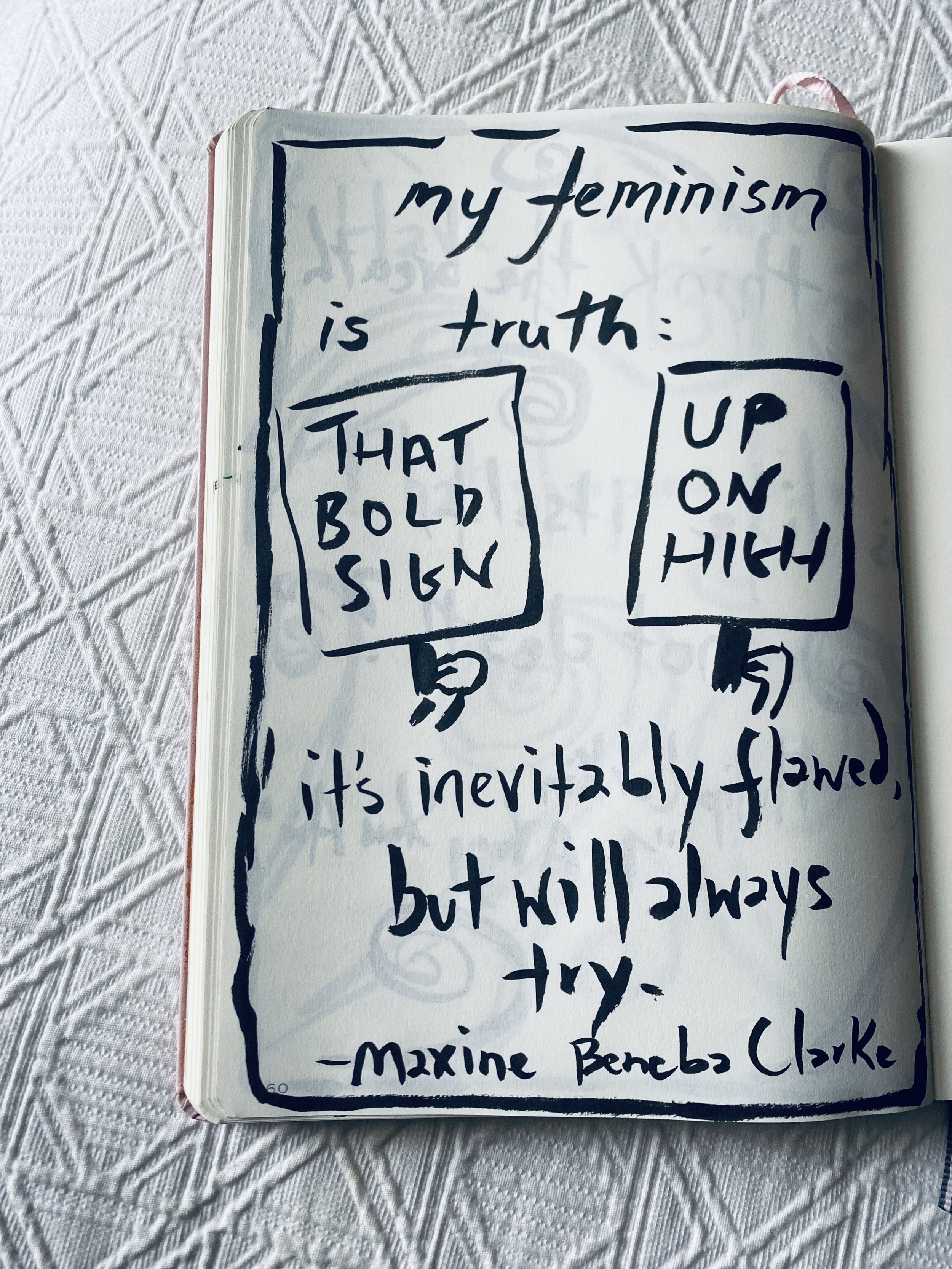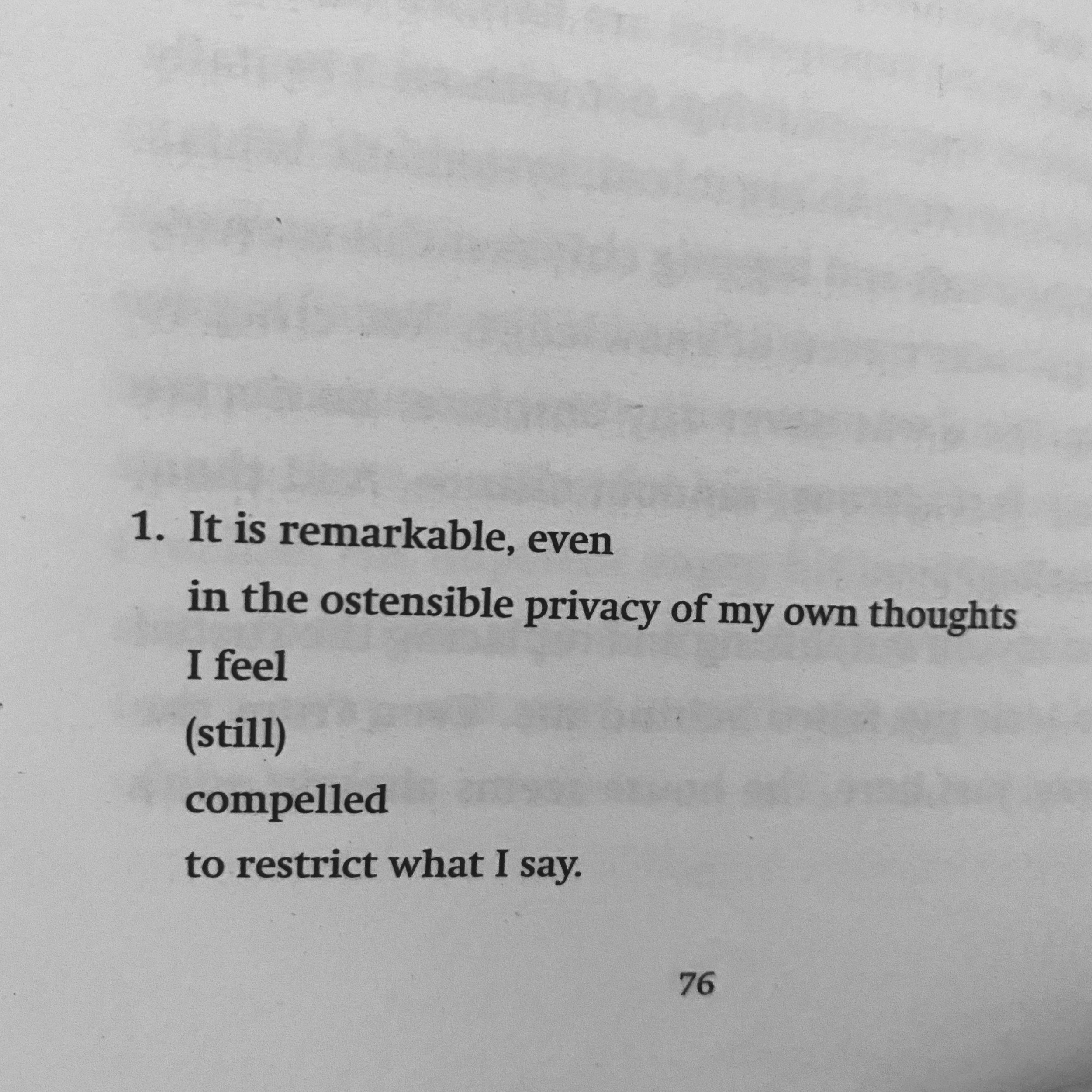You may or may not know that on 14 October, Australia will hold a referendum to officially recognise Indigenous Australians in the constitution for the first time and give them a say in the policies and challenges that affect their communities.
I will be voting YES. Because, despite what the No camp would have people believe, the question being put forward in the referendum is not problematic or complicated. We are simply being asked if we think the Australian constitution should recognise the First Peoples of this country by giving them some say - the ability to advise - on issues that affect them. How can the answer to that question be anything other than YES?
I have proudly joined Writers for The Voice with over 600 other writers, as well as publishers, literary bodies and festivals, from all over Australia who will be voting YES in the referendum, and who want to see our nation step into a stronger, better and more inclusive future.
There are so many reasons to vote YES but one of the most compelling ones is that it will lead to practical improvements in Indigenous housing, education and health because, for the first time, laws and policies on these issues will have proper input from Indigenous people. There is already evidence that health and education outcomes for Indigenous Australians will improve.
Most of all, the hope, healing and progress that the Voice offers is really a defining moment for this country. We can’t undo the wrongs of the past but this official respect and recognition of our First Peoples is long overdue. It’s time to listen, to unite and to move forward together.
For me, there is only YES. Not only because I would support anything that gives our First Peoples more respect, dignity and agency but this is a remarkable opportunity to step up and be the nation I believe we are, to move towards genuine hope and reconciliation. I am no political scientist but I am a historian (in training) and whether we like it or not, history repeats unless we actively break the cycle and embrace change. The past has so many dark lessons that we can choose, as a collective, to learn from. We cannot change the past, but we can work towards changing the narrative of our country. This is a moment history will remember. It’s a turning point, a precious chance for true dialogue, based on recognition and respect, to begin.
I think Professor Marcia Langton said it best:
“In this referendum, there are only two options: a ‘Yes’ vote that delivers recognition through a voice and all the hope and healing is represents...or a ‘No’ vote which binds us all closely - all of us - to a broken status quo.”
The Uluru Statement from the Heart is a gentle and courteous invitation to non Indigenous Australians to walk together with our First Peoples to help secure a better future for them. Why on earth would we say no to that?
The only answer is YES.
















